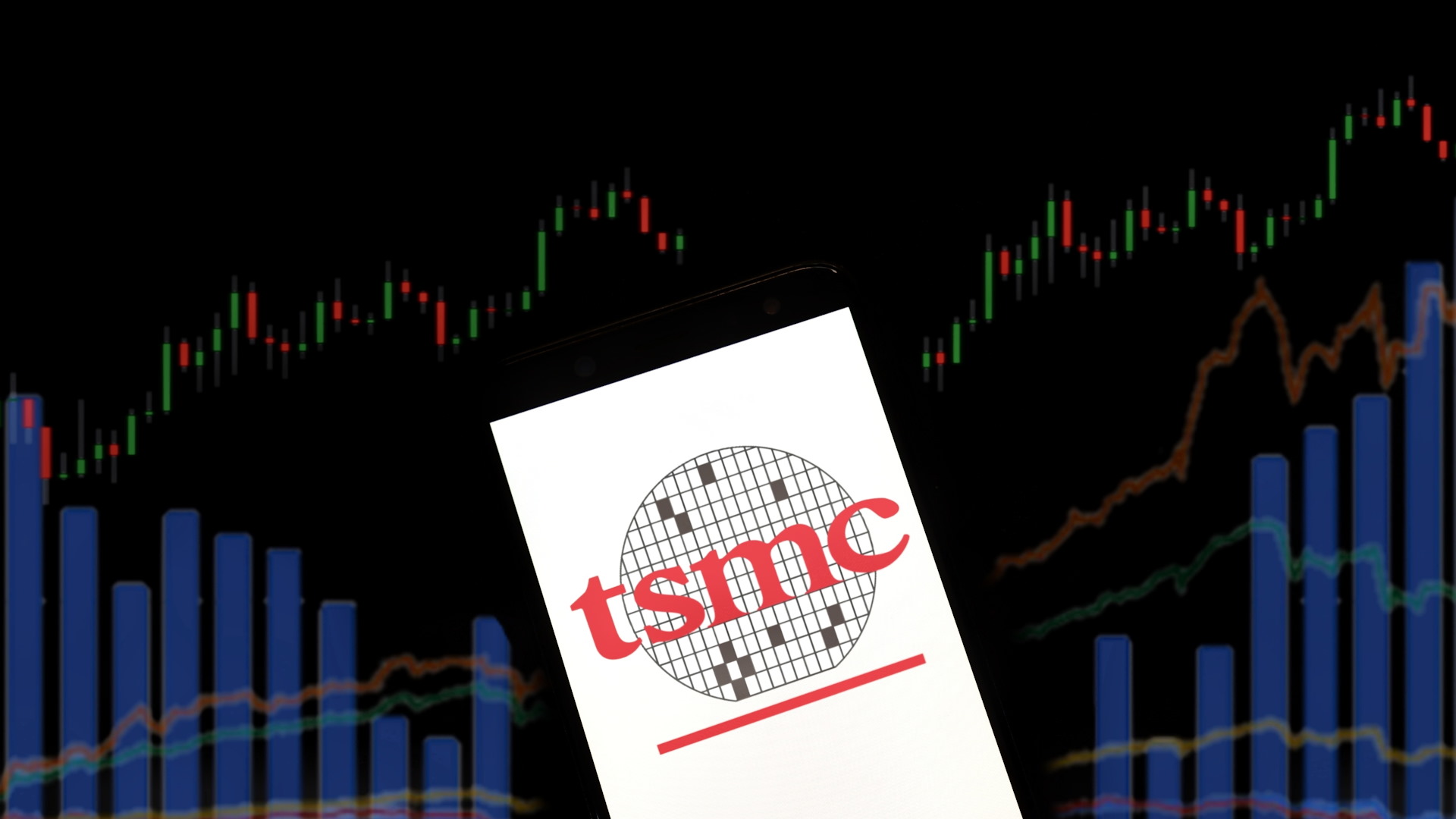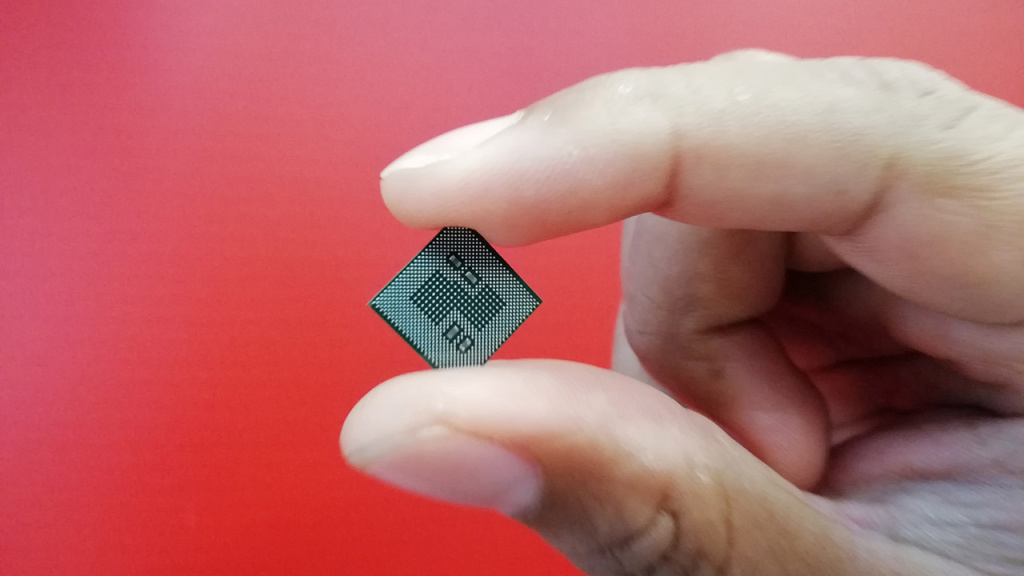
TSMC’s high 2nm manufacturing costs are likely to impact the growing AI chip market
With 2023 coming to an end, tech giants around the world are gearing up for production in the next one, and TSMC's high 2nm manufacturing costs could affect the margins of companies like Apple for high-end and low-end devices. This means that TSMC's 2 nm production of such advanced chips, which includes the 3 nm class, will probably affect the entire market of AI chips in the world.
This news comes as the markets are closed for the 2023 holiday season, and analysts are reporting that chip cost estimates from the current 2022 3nm chips will remain at the same level going forward, meaning around $20K per piece. The production process based on 3 nm is currently the most advanced in the world, and when it comes to the TSMC company, most of its products reach the Apple giant.
While some analyzes claim that the biggest impact of the price jump of as much as 50 percent for 2 nm chips will be felt by Apple the most, others claim that companies such as AMD or Nvidia could also feel the reduction of budgets if the current wave of artificial intelligence does not materialize through the three year, Wccftech writes.
Unconfirmed information suggests that the next generation of Nvidia GPUs will use a 3 nm production process, leaving the burden of high costs on Apple's back in the first 2 nm production wave. Because graphics processors from Nvidia and AMD are more powerful and designed for more demanding workloads, these two firms are often insulated from the high costs of initial mass production of advanced chip technologies.
 Shutterstock
ShutterstockHowever, supply and demand dynamics in the semiconductor market could mean that AI chip prices will also rise. A 3nm chip that already costs $20,000 could become even more expensive if demand outstrips real capacity, a caution unique to the chip industry. Companies such as TSMC and Samsung have fixed capacity and, if they are confident that demand will exceed supply, then the initial high costs of investing in new facilities are often passed on to the customer.
That's also where the more advanced 2nm manufacturing process comes into play, and TSMC will surely be extra careful not to relive the difficulties it encountered this year. Not only did it have to revise its 2023 revenue estimates, but it also had to deal with overly optimistic customer expectations in 2022 amid a general decline in the chip market.
This ultimately affected the state of this company's shares, and in a few months we will see what the market will look like when the first quarterly financial reports of the leading companies arrive.